


Books in series

A Child Under Sail
1987

The Cruise of the Teddy
1933

Gallions Reach
1927

Down Channel
1949
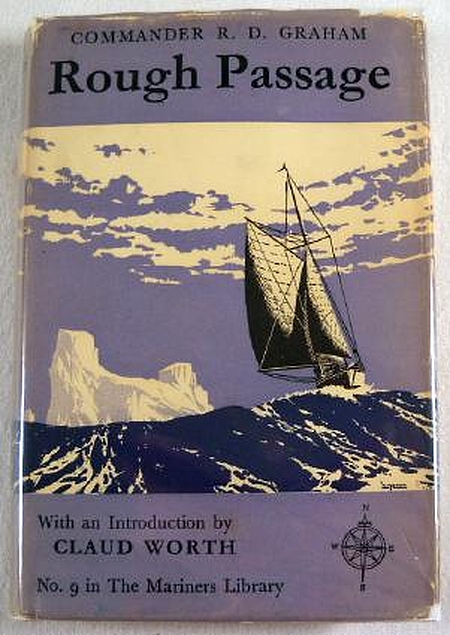
Rough Passage and The Adventure of the Faeroe Islands
1952
Sailing All Seas in the Idle Hour
1974
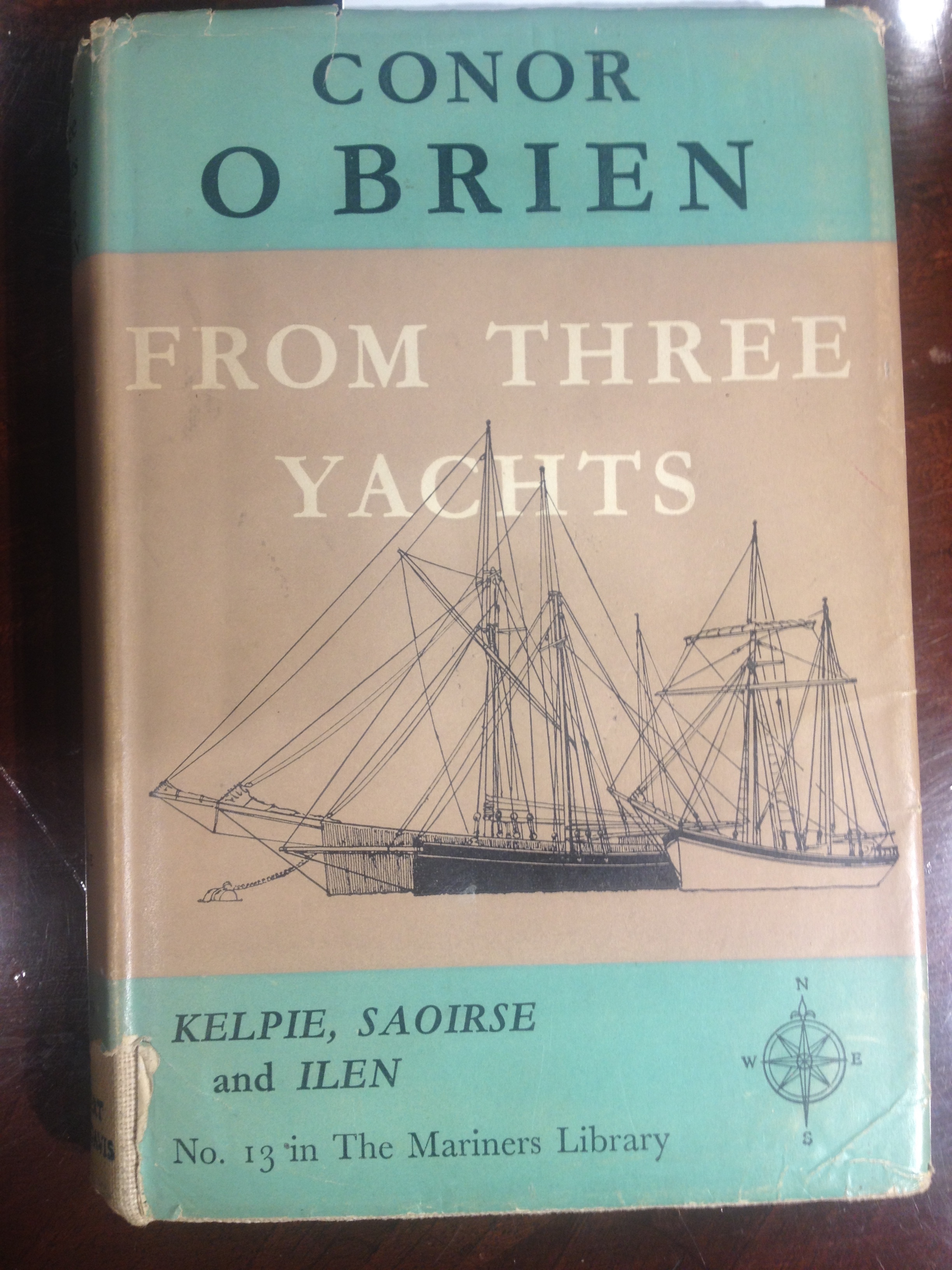
From Three Yachts
1928

The Falcon on the Baltic
A Coasting Voyage from Hammersmith to Copenhagen in a Three-Ton Yacht
1888
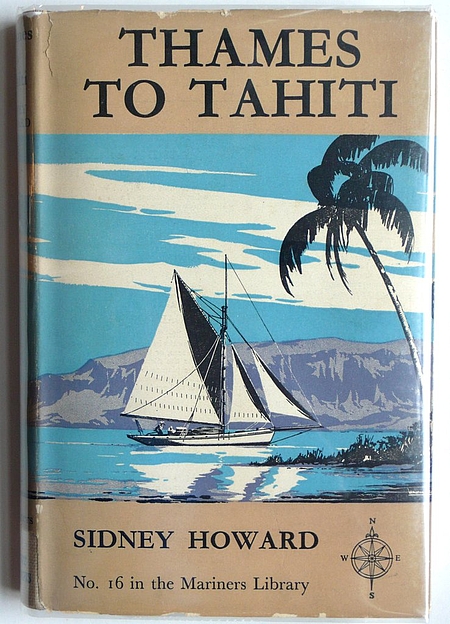
Thames to Tahiti
1933

A Gipsy of the Horn - Life in a Deep-Sea Sailing Ship
2006

1700 miles in open boats
The Story of the Loss of the S.S. Trevessa in the Indian Ocean and the Voyage of Her Boats to Safety
1952
The Mary Celeste and Other Strange Tales of the Sea
1952
Lis Sails The Atlantic
1935

The Cruise of the Kate
1869

The Voyage Alone in the Yawl "Rob Roy"
2001

A Mainsail Haul
1905
The Wind is Free
1949
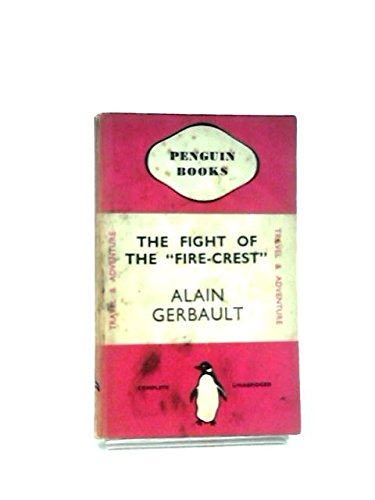
The Fight of the "Fire-Crest"
2025
In Quest of the Sun
1930

Vertue XXXV
1955
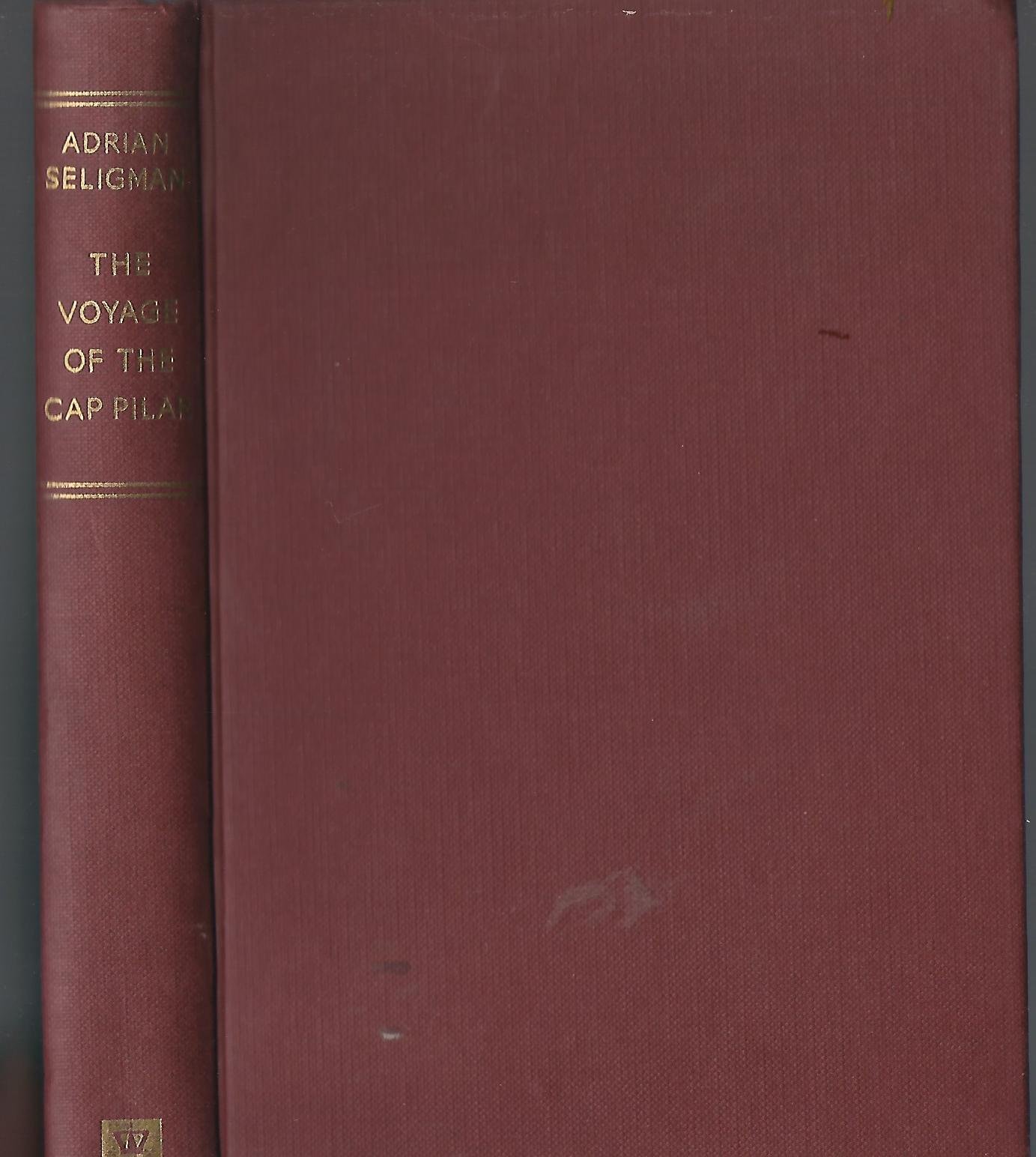
Voyage in a Barquentine
1952
The Southseaman Life-Story of a Schooner
1929
Wylo Sails Again
1957
![Rare Bill & Phyllis Crowe Heaven Hell & Salt Water Mariners Library 35 Sailing Sailor - Rupert Hart-Davis [Hardcover] Bill and Phyllis Crowe book cover](https://images-na.ssl-images-amazon.com/images/S/compressed.photo.goodreads.com/books/1697653923i/131069285.jpg)
Rare Bill & Phyllis Crowe Heaven Hell & Salt Water Mariners Library 35 Sailing Sailor - Rupert Hart-Davis [Hardcover] Bill and Phyllis Crowe
1957
The voyage of the Tai-mo-shan
1935
Sea Stories
1957

Sopranino
1986

The Sea Is for Sailing
1987
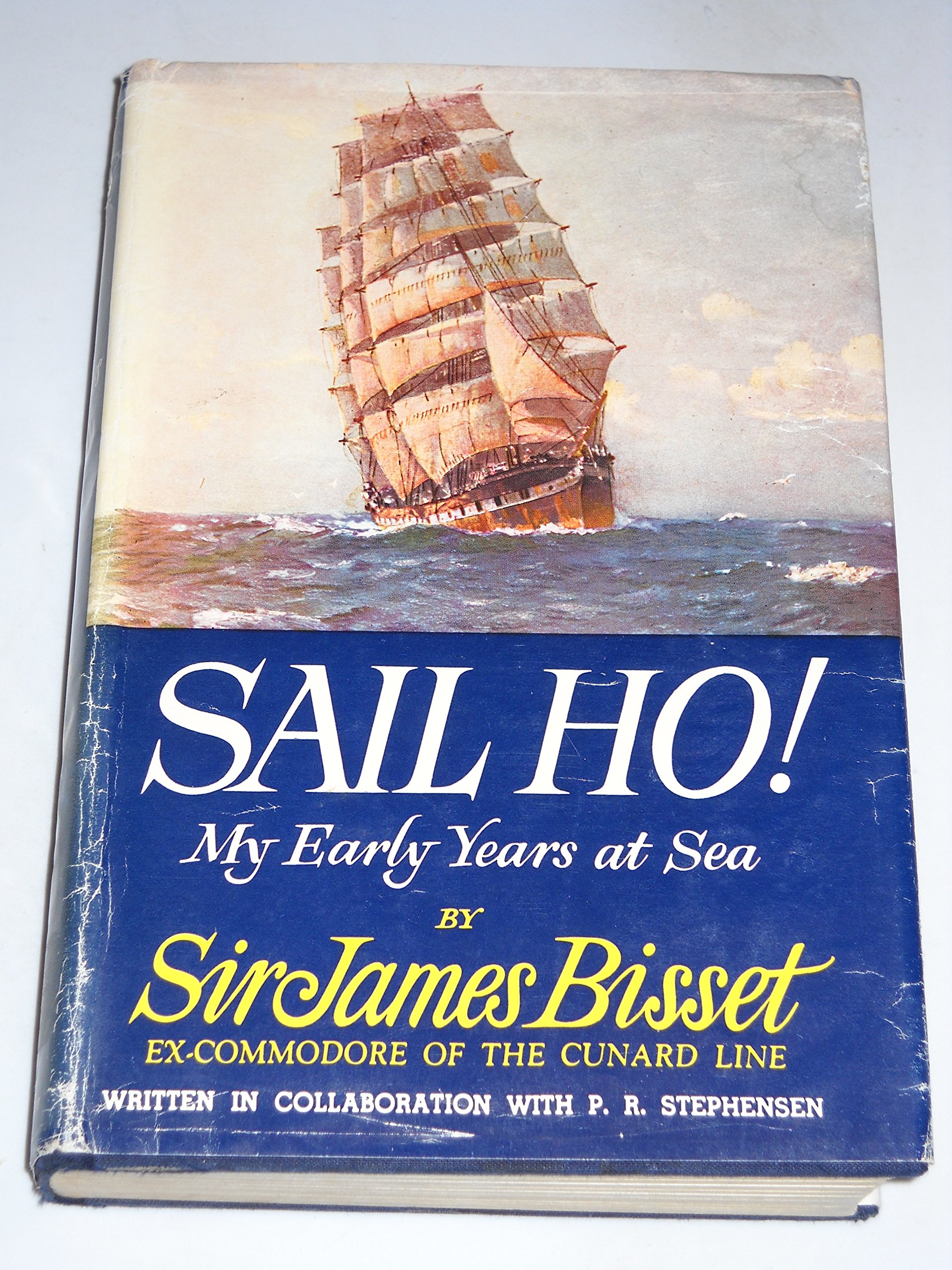
Sail Ho! My Early Years at Sea
1958
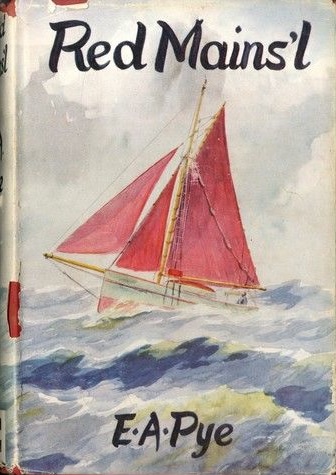
Red Mains'l
1952
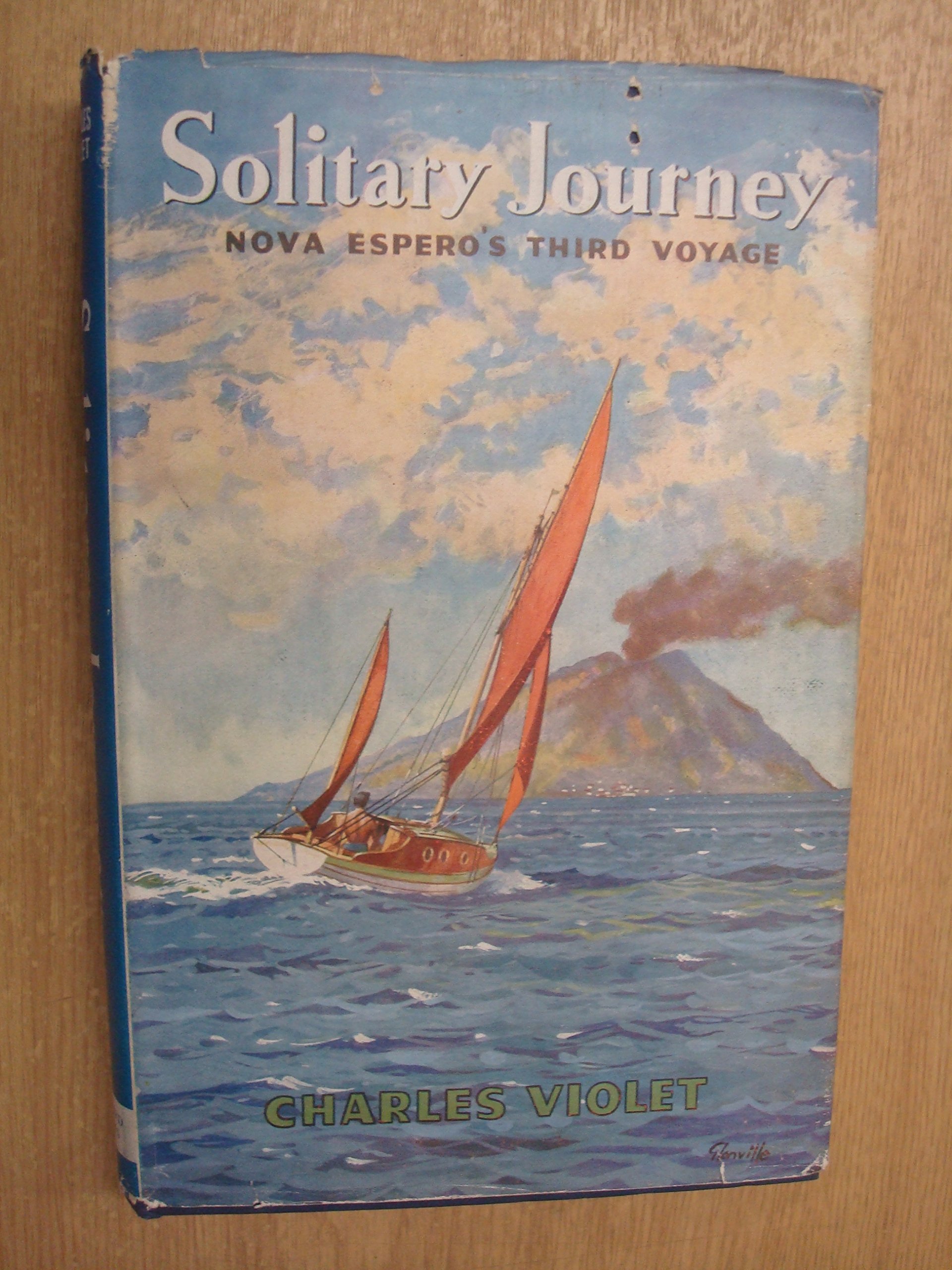
Solitary Journey
The Third Voyage Of The Nova Espero
1954

KURUN AUX ANTILLES
1996
Authors

Joseph Conrad (born Józef Teodor Konrad Korzeniowski ) was a Polish-born English novelist who today is most famous for Heart of Darkness, his fictionalized account of Colonial Africa. Conrad left his native Poland in his middle teens to avoid conscription into the Russian Army. He joined the French Merchant Marine and briefly employed himself as a wartime gunrunner. He then began to work aboard British ships, learning English from his shipmates. He was made a Master Mariner, and served more than sixteen years before an event inspired him to try his hand at writing. He was hired to take a steamship into Africa, and according to Conrad, the experience of seeing firsthand the horrors of colonial rule left him a changed man. Joseph Conrad settled in England in 1894, the year before he published his first novel. He was deeply interested in a small number of writers both in French and English whose work he studied carefully. This was useful when, because a need to come to terms with his experience, lead him to write Heart of Darkness, in 1899, which was followed by other fictionalized explorations of his life. He has been lauded as one of the most powerful, insightful, and disturbing novelists in the English canon despite coming to English later in life, which allowed him to combine it with the sensibilities of French, Russian, and Polish literature.
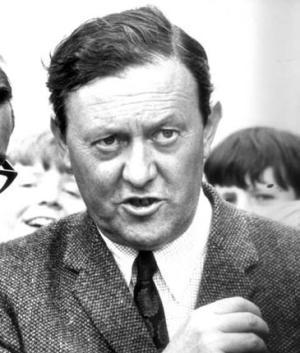
Irish politician, writer, historian and academic. Member of the Irish Parliament for the socialist Labour Party. Member of the Northern Ireland Forum for the United Kingdom Unionist Party, which advocated direct rule of Northern Ireland from London. Virulently anti-IRA.

John Gibson Lockhart was a Scottish writer and editor. He is best known as the author of a biography of his father-in-law Sir Walter Scott, which has been called the second most admirable in the English language, after Boswell's Life of Johnson. Between 1818 and 1825 Lockhart worked indefatigably. In 1819 Peter's Letters to his Kinsfolk appeared, and in 1822 he edited Peter Motteux's edition of Don Quixote, to which he prefixed a life of Cervantes. Four novels followed: Valerius in 1821, Some Passages in the Life of Mr. Adam Blair, Minister of Gospel at Cross Meikle in 1822, Reginald Dalton in 1823 and Matthew Wald in 1824. But his strength did not lie in novel writing. In 1825 Lockhart accepted the editorship of the Quarterly Review, which had been in the hands of Sir John Taylor Coleridge since William Gifford's resignation in 1824. His major work was the Life of Sir Walter Scott (7 vols, 1837—1838; 2nd ed., 10 vols., 1839).

Sidney Coe Howard was an American playwright and screenwriter. He received the Pulitzer Prize for Drama in 1925 and a posthumous Academy Award for Writing Adapted Screenplay in 1940 for the screenplay for Gone with the Wind. This was the first time a posthumous nominee for any Oscar won the award. He had been twice previously nominated for his adaptations of the Sinclair Lewis novels Arrowsmith , and Dodsworth .